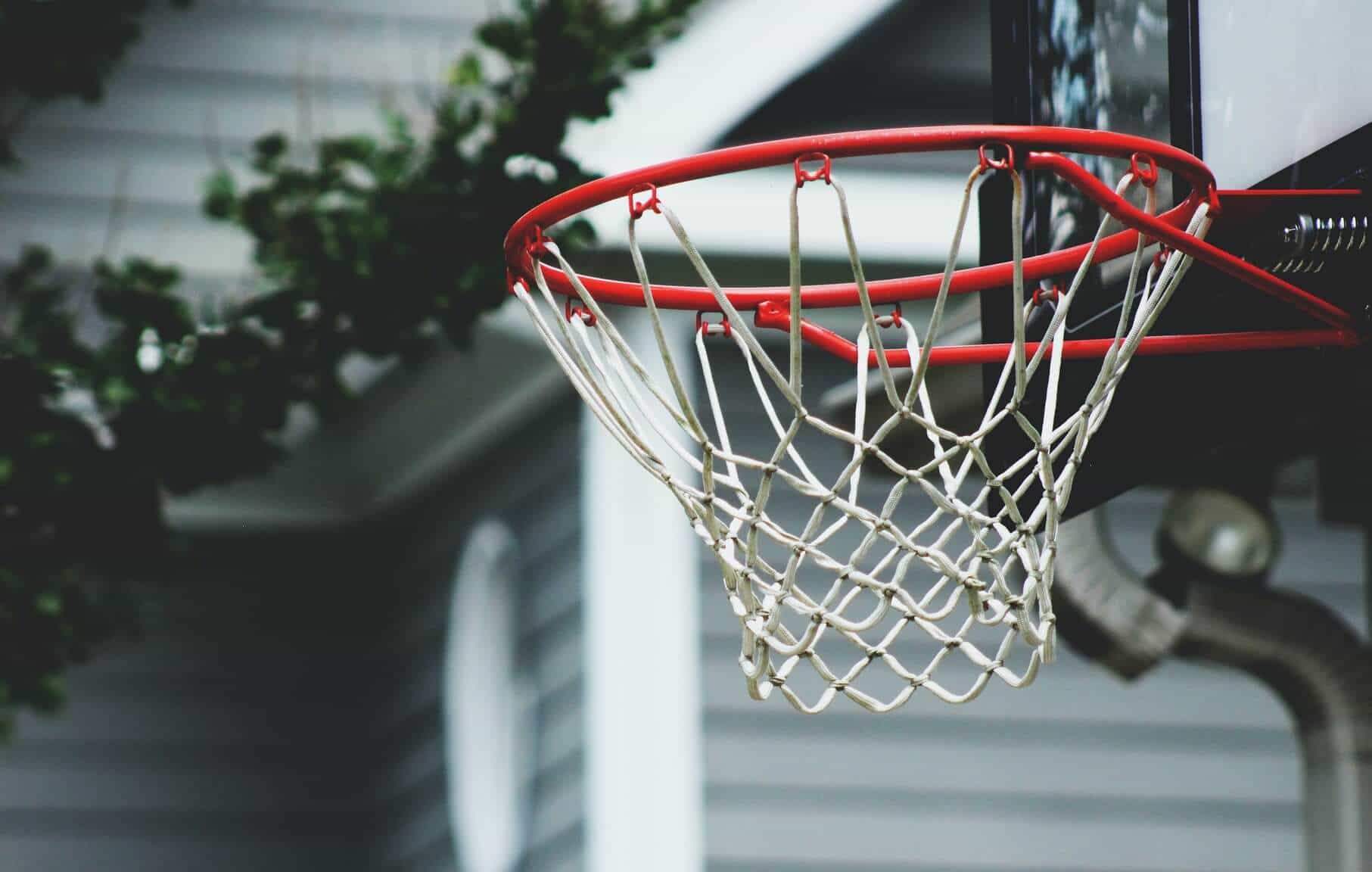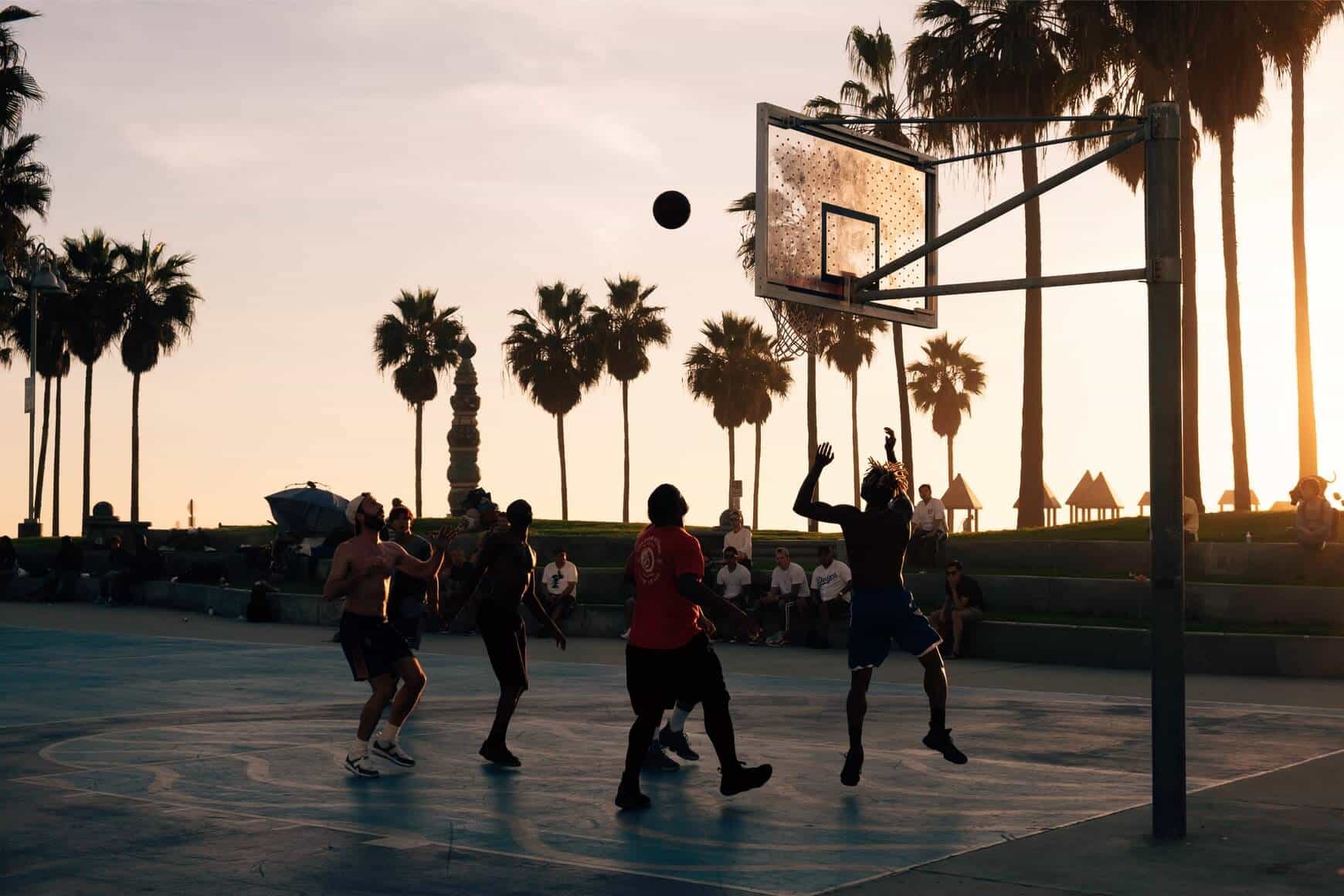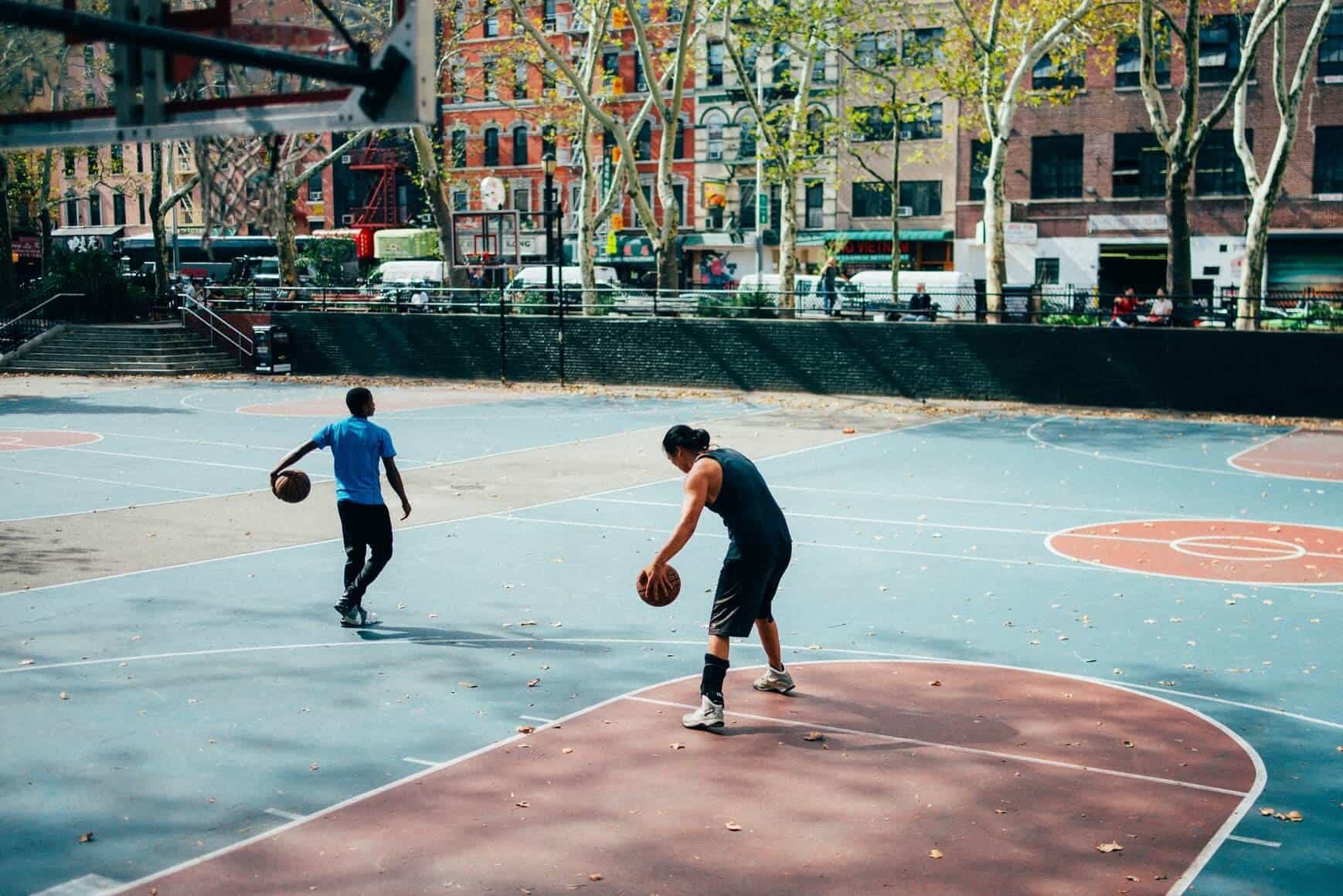Alright players, listen up!
Within the basketball stratosphere, there is a mantra about offseason training, which essentially boils down to the idea that summertime is about expanding your game from one season to the next. You probably know that already, but do you know there are several ways to go about it?
For some, expanding your game means turning weaknesses into strengths, for others, it’s all about refining established skills and leveling those up. Finally, there’s the group that literally builds new skills during the summer.
Whichever category you fall into, offseason training is a cornerstone for success, regardless of the level of competition you’re in.
So, after speaking to countless players and coaches over the course of years, let’s break some things down in how to best move your development along.
Turning weaknesses into strengths

Spending your offseason strengthening the weakest part of your game is an all-time classic, and you’ve probably heard your coach mention that method a thousand times. That’s because it works.
Remember, your biggest weakness can be exploited.
If you can’t shoot, opponents can leave you open and focus on defending your teammates instead. Playing four-on-five basketball offensively doesn’t have a good track record.
If you can’t defend the pick-and-roll, your teammates will have to cover for you defensively and stretch the defense out more than they should, allowing opponents to play five-on-four basketball.
(Sensing a theme yet?)
This is where you might be wondering how you can improve. It starts with one thing. Self-awareness. If you believe yourself to be a great shooter, but you’re hitting 23% from behind the three-point line, it might be time to reevaluate and have an open mind about changing up some things.
Whatever area you decide to devote yourself to, make sure you and your coach are on the same page and have a plan ready. Staying with the theme of improving as a shooter, map out your summer via a step-by-step process, and identify how to get better.
If you need to improve your shooting mechanics, go back and watch recordings of your team’s games and identify key points of change with your coach, so you know exactly what you need to improve over the course of summer.
Remember: Hitting 500 shots per day means nothing if your shooting mechanics are all over the place. Consistency is your best friend, and that takes time, effort and a level of dedication to achieve.
Refining your skills

You probably have some bread-and-butter skills in your bag that you know will always be there. But that doesn’t mean those can’t be drastically improved.
One classic example is ball-handling.
In today’s positionless brand of basketball, being able to dribble is a must for every player, short and tall alike.
Even if you’re comfortable with the ball in your hands, it’s likely you don’t feel comfortable in every situation. Can you keep the dribble alive underneath the basket while the defense swarms you? How about when you’re trying to snake through pick-and-rolls? Can you cross over at the appropriate times, and do so effectively?
Ball-handling isn’t just one thing. It’s very much a fluid concept. The same goes for shooting, passing, shot-blocking and overall defensive learnings.
So, how do you go about strengthening a strength?
It starts with putting yourself in uncomfortable.
Sticking with the theme of ball-handling, begin to initiate the offense from different angles that you’re unfamiliar with. Alternatively, speed up the offense and put pressure on yourself to keep your handle alive while you move around quicker.
Tell your teammates during pick-up games that they should double-team you near half-court, and learn how to operate within limited space.
These methods all raise your stress levels significantly over a short period of time, and it’s your task to get as comfortable as you can in those situations, so those levels lower over time. When you stop feeling stress, and you’re relaxed going into a double-team, it’s a clear sign that you feel more in control of your ball-handling skills.
(Another benefit of the above methods will be your ability to read the floor, which opens the door to improved playmaking.)
Your coach might suggest using cones to work on your handle, as you can position them in challenging and tactical ways. That way, you can learn to navigate your own path and mimic pick-and-roll action.
Before going into your summer, have a conversation with your coach about the use of cones and what type of dribbling you need to work on.
This of course also applies to every other strength that you want to enhance. At the end of the day, it all boils down to removing pride from the equation. Have a belief in your abilities, but never make the mistake of believing they can’t further be improved.
Building new skills

Alright, so this is by far the trickiest task.
Whatever it is you want to expand your game with, whether it’s a skill or a responsibility you’ve never had before, this all starts with acknowledging that this project won’t be completed over the course of one offseason.
It takes a long time to develop new skills and hone them to the point where you can use them in games as a major weapon. So you need to be patient and allow yourself to make mistakes, without losing faith in yourself.
Much like the two segments above, communication with your coach is crucial. Develop a plan that works for you, but in a manner where the work is being done right, and you have clear instructions to follow.
Coming into such a project requires an open mind and a fair level of determination. Remember, as humans we’re often prone to stick with what we know, and where we draw confidence from. Building entirely new skills will not be a source of immediate confidence for you, as it takes time to put them into practice.
That said, you’re in a good spot if you chose to build something new. That means you want it, and that you have your eyes set on something bigger. Feed on that motivation and trust your work ethic.
Overall, when it comes to improving your game, it takes many shapes and sizes. And yes, there will be times when you fail. But that’s a part of the process. How you answer those challenges is the most important aspect of your development.
At Veo, we are passionate about helping sports teams reach their full potential by using cutting-edge video technology.
More to Explore


